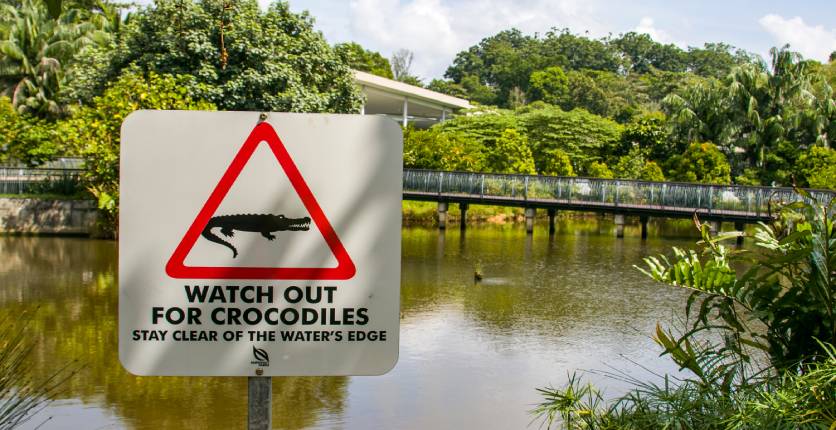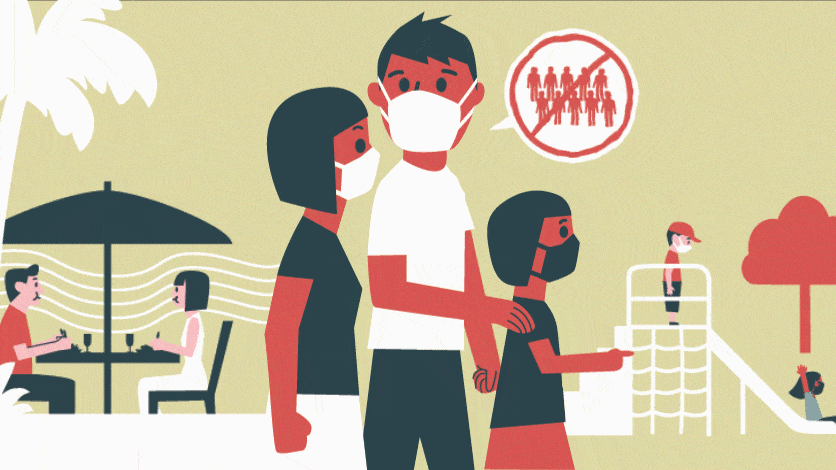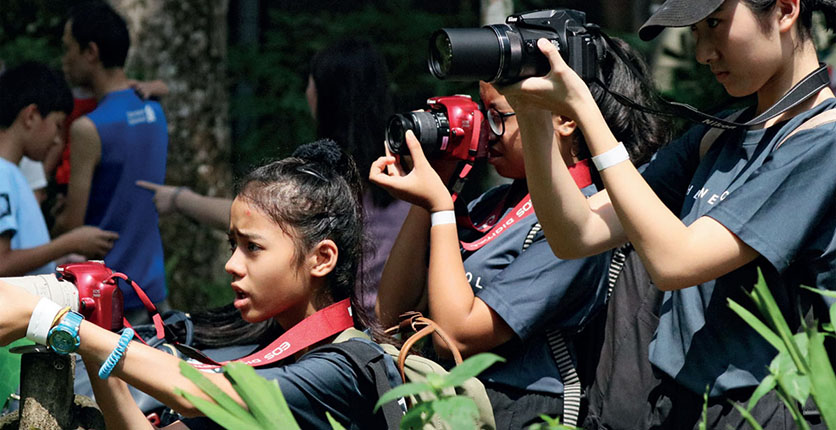With the COVID-19 measures over the past few months, there have been increasing reports of wildlife encounters. While it is exciting to see a macaque, white-bellied sea eagle or a saltwater crocodile in real life while out exploring our parks, nature reserves or even within built-up areas, we need to keep in mind that not all these creatures are mild, but are instead, actually wild. Here are a few reminders on what not to do (and what to do) if you meet a “wild one” outdoors or even indoors.
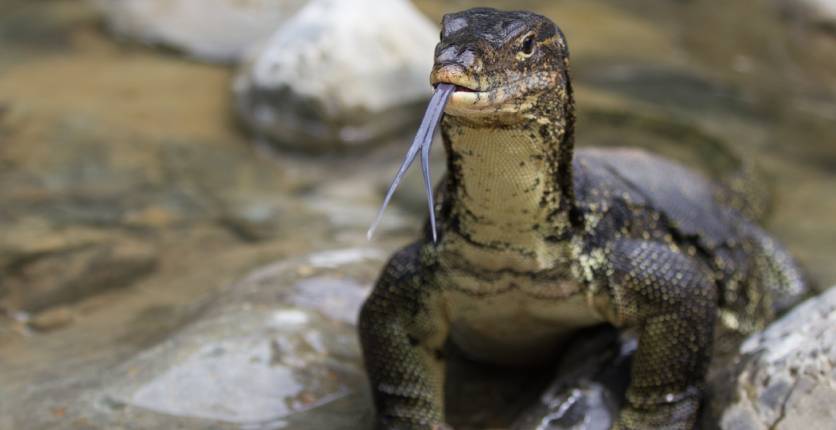
Do Not “Play Catching” With A Large Reptile At Home
A bird on your windowsill? Just shoo it away. A reticulated python in your toilet? Err, just flush it away? No, you should not, and you cannot. Don’t try to chase out, catch or worse, kill large-sized reptiles such as monitor lizards and cobras on your own if you spot one in your home. You might possibly get injured by the animal, but also find yourself in trouble if you harm the reptile in the process – it could lead to a possible fine of $50, 000 or an imprisonment term of 2 years, or both, especially if the victim (a.k.a. the animal, not you) is a protected species!
Instead, call the proper agencies to handle your intruder; try NParks Animal Response Centre (1800-476-1600) or Acres Wildlife Rescue Hotline (97837782). Meanwhile, keep calm, keep away and observe the slithery one from a distance, or just leave the scene with your family if you feel unsafe and wait for help to arrive. This also applies to other larger-sized wildlife such as hornbills (just open all your windows and wait for it to fly away if you can) and monkeys that may venture into your home.

Do Not Take A Selfie With An Exotic Looking Stranger
When you come across a crocodile, monkey or some other “exotic” looking animal, you might be tempted to get up close for a better look or a clearer camera shot – but that’s what your zoom function’s for if you must take a photo, and always do so at a distance, please. Never attempt to take a selfie, especially since you will have your back turned to them and might unintentionally provoke them when you step into their territory.
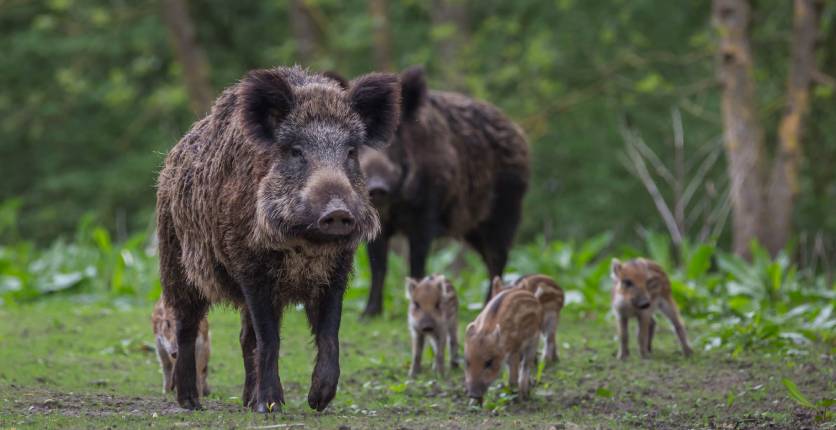
Do Not Feed The Wild Boars… Or Even Go Near Them
In case you haven’t been reading the news, some 19 people were caught in the past few months for feeding bread and dog food to wild boars in Lorong Halus. Yes, you can be fined anywhere from up to $5, 000 (for first-time offenders), to no more than $10, 000 (for repeat offenders) under the Wildlife Act for trying to make these porcine fellas more chonky. It’s for your benefit, really, since feeding them can encourage them to seek out humans in urban areas and cross roads to be fed, which could lead to accidents and aggression from them if they aren’t.
But, what if you happen to meet one while you’re ta-paoing your favourite pizza home? Don’t fling your dinner at your unexpected porky dinner date and make a run for it. Instead, remain calm and back away slowly. Then, call the NParks Animal Response Centre if you wish to report your encounter.
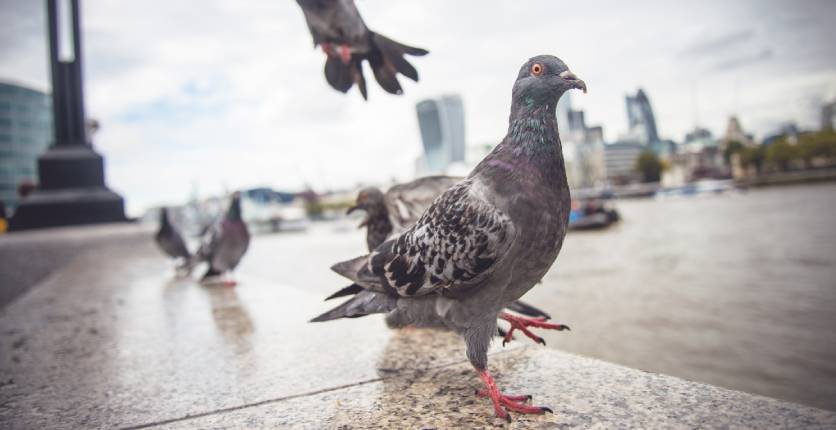
Do Not Feed The Pigeons… Or Any Birds, Actually
Pigeons might be seen as your local friendly feathery folk around the nabe, but they are still considered wildlife. While it may seem kind to throw bread crumbs to them, it’s not advisable. Not just because you might get slapped with a possible $10, 000 fine under the Wildlife Act (it was a fine of $500 under the former Animals and Birds (Pigeons) Rules), but also because these birdies dirty urban spaces with droppings that might also carry diseases which can infect people. In truth, this rule also applies to all birds including crows, sparrows and mynahs (yes, they are common, but are wild avians, too).
Just Do Not Feed Wildlife, Period
Keep it simple and remember: No boars, no birds, no wild anything. That includes monkeys, reptiles, bats, free-ranging chickens, and even wild fish in larger bodies of water like those found in our nature reserves. Just know that the Wildlife Act refers to wildlife species as any animal species that is of a wild nature, excluding domestic dogs and cats, horses, cattle, sheep, goats, domestic pigs and poultry. Lucky for our community fur-riendlies such as stray dogs and cats, then. Or, is it?
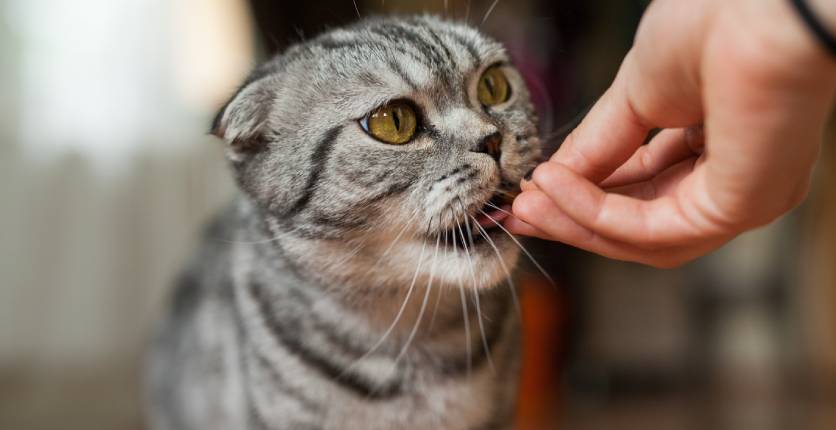
Extra, extra: Do Not Feed Stray Cats And Dogs… Only In Parks And Nature Reserves
Granted stray cats and dogs aren’t considered wildlife under the Wildlife Act so you can indeed treat them to some chow, but just FYI, you might want to know this. Under the Parks and Trees Act, you aren’t allowed to feed them within Singapore’s National Parks and Nature Reserves. If caught, you can be liable to a fine not exceeding $50, 000, imprisonment not exceeding 6 months, or both. So if you do see a hungry kitty in your nearby park, bring it to a void deck or covered area elsewhere before feeding it. And remember to clean up after, otherwise you will be regarded as a litter bug who’s possibly luring pests such as cockroaches and rats onto the estate. Not good for you nor kitty – you might incur a $2, 000 littering fine, and cause kitty to be picked up by agencies such as the Agri-Food and Veterinary Authority (AVA) if complaints are made by the estate’s residents.
Featured image: Shutterstock
